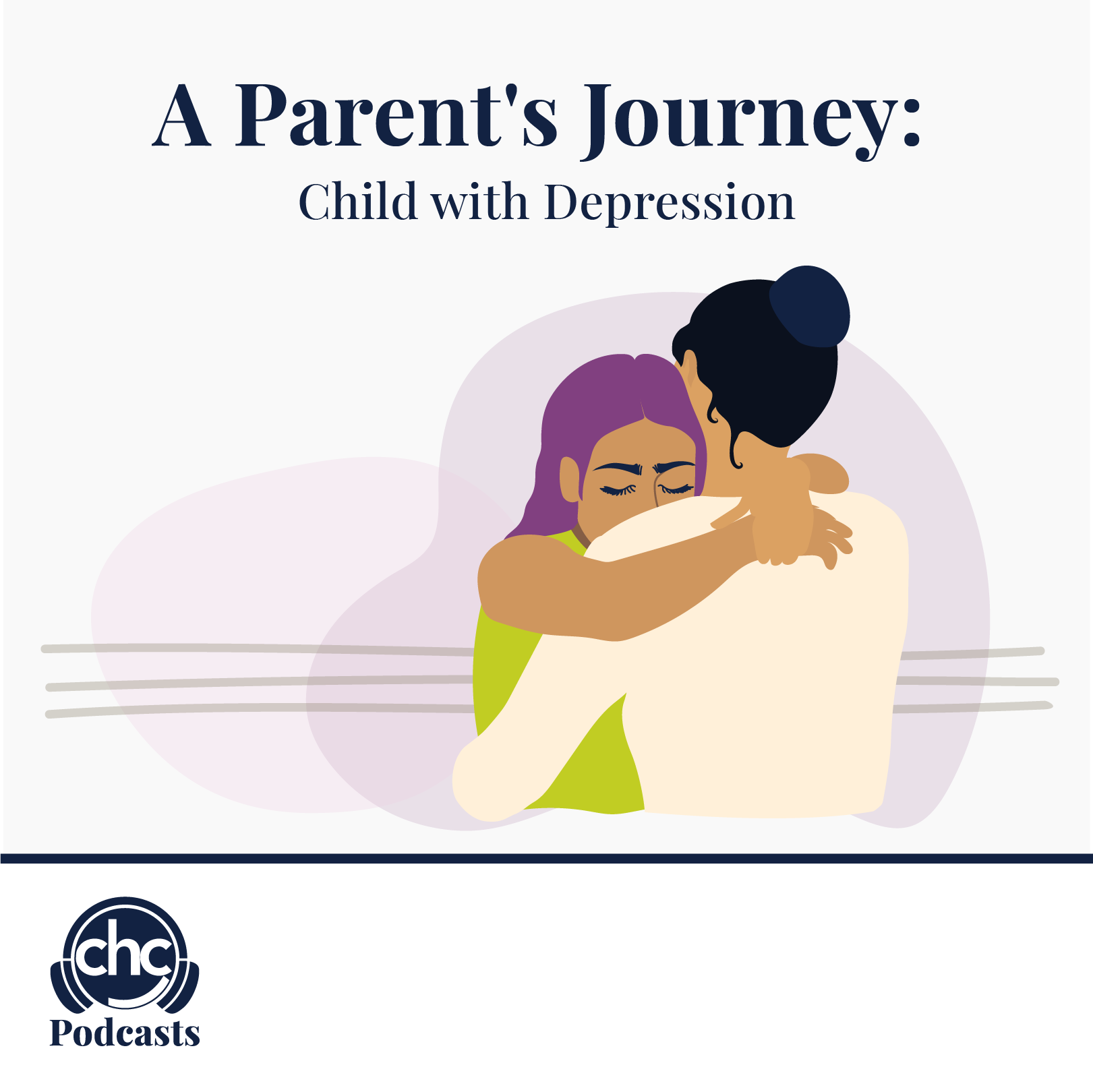How to Help Someone with Anxiety
 It’s distressing to watch a loved one experience panic attacks and face anxiety every day, but there are things you can do to help. It starts with recognizing the signs of excessive worry and understanding the best ways to support your loved one.
It’s distressing to watch a loved one experience panic attacks and face anxiety every day, but there are things you can do to help. It starts with recognizing the signs of excessive worry and understanding the best ways to support your loved one.
Learn to Recognize the Signs of Anxiety
Anxiety disorder is the most common mental health condition in the United States, affecting up to 18% of the population. Knowing the signs of anxiety can help you realize when someone you love is having fearful thoughts or feelings. Symptoms vary from person to person but can be broken into three categories:
Physical Symptoms
Some of the physical symptoms your loved one may report feeling include:
- Lightheadedness
- Sweating
- Nausea
- Feeling edgy and/or restless
- Shortness of breath
- Diarrhea
- Getting easily fatigued
Anxious Thoughts
People with anxiety often have thought patterns such as:
- Believing the worst will happen
- Persistent worry
- All-or-nothing thinking
- Overgeneralizing (making overall assumptions based on a single event)
Anxious Behaviors
Perhaps what you’ll notice most is your loved one’s behaviors. Common anxiety behaviors include:
- Avoidance of feared situations or events
- Seeking reassurance
- Second-guessing
- Irritability and frustration in feared situations
- Compulsive actions (like washing hands over and over)
Know What NOT to Do
Typical responses to someone with anxiety are often unhelpful. Here are actions you should avoid:
Don’t Enable
It’s common to want to help your loved one avoid painful situations by going out of your way to eliminate the cause for concern.
Avoiding difficult situations doesn’t give your loved one the opportunity to overcome fears and learn how to master anxiety. Instead, it makes their world smaller as what they are able to do becomes more and more limited by their growing anxiety.
Don’t Force Confrontation
Learning how to overcome deep apprehension is work best done in partnership with a professional therapist. This takes the burden off you. It also empowers your loved one by helping them face their fears one step at a time with guidance from somebody with experience.
Use Anxiety Tips That Work
Responses based on love and acceptance, and the desire to see your loved one get better, are the cornerstones of helping someone with anxiety. Consider the following approaches:
Provide Validation
Many different things can make people anxious. Saying something like, “I can’t believe you’re getting upset over such a small thing” belittles a person’s experience. Instead, ask your loved one how you can provide support during challenging moments.
“What makes one person fearful may be no big deal to someone else,” says Joseph McGuire, Ph.D., a pediatric psychologist with Johns Hopkins Medicine. “Their anxiety doesn’t have to make sense to you — it’s important to understand that what the person is experiencing is real and requires sensitivity.”
Express Concern
“When you start to notice your loved one withdrawing from activities that they used to enjoy, you don’t have to cover up your concern. Instead, it can be helpful to approach your loved one in a warm and positive way,” says McGuire. “You can start a dialogue by saying you’ve noticed certain behavior changes.”
Know When to Seek Help
If your loved one’s anxiety starts to impede their ability to enjoy life, interact at school, work or hang out with friends, or if it causes problems at home, then it’s time to seek professional help.
Encourage a loved one to make an appointment with a mental health provider.
Treatment Options for Patients with Anxiety
There are two primary treatments for individuals with anxiety:
- Cognitive behavioral therapy (CBT), which involves learning how to lower anxiety and face distressing situations.
- Medication management with antidepressants, which works well on its own but even better when coupled with CBT
Source: Johns Hopkins Medicine | How to Help Someone with Anxiety, https://www.hopkinsmedicine.org/health/treatment-tests-and-therapies/how-to-help-someone-with-anxiety | Copyright © 2022 The Johns Hopkins University, The Johns Hopkins Hospital, and Johns Hopkins Health System
A screening can help you determine if you or someone you care about should contact a mental health professional. Care Coordinators can arrange a free 30-minute Care Consultation so you can explore options with an expert. Call or email us at 650.688.3625 or careteam@chconline.org to set up an initial Consultation appointment.





